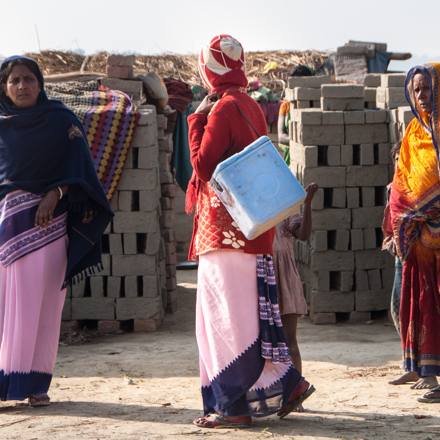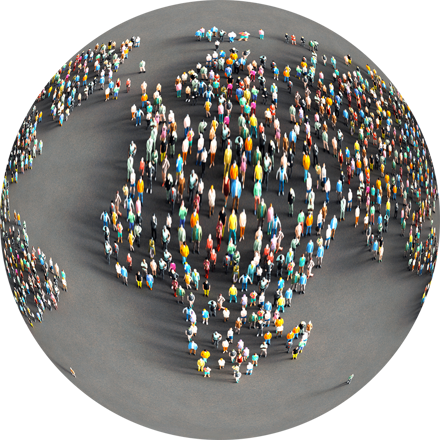When a medicine or vaccine first comes to market, there is always a risk that new side effects may come to light after they are introduced to the wider population. Strong safety monitoring systems are needed to alert regulators to signs of possible harm.
As the WHO Collaborating Centre for International Drug Monitoring, we work with countries around the world to build up national pharmacovigilance systems in line with their needs. With our tools even those with the most limited resources can boost both the volume and quality of reporting and the analysis of adverse event data for regulatory decisions.
What’s more, by sharing data with other countries through VigiBase, the world’s largest database of adverse event reports, they contribute to strengthening patient safety globally.
Be alert, vigilant and quick to react
After a medicine or vaccine is approved, they still need to be monitored for safety. VigiFlow supports the collection and processing of adverse event reports that are critical for a national pharmacovigilance system to function properly.


Any form, anytime, anyplace
A country’s pharmacovigilance system is only as strong as its data. Our digital reporting forms help regulatory authorities get the information they need from patients, health workers, and industry to make informed decisions quickly.
Signal detection without borders
VigiLyze supports the entire signal detection management process, allowing you to analyse and document your work in one place. With VigiLyze, you can make disproportionality calculations based on your own data or a group of countries since the global data is never more than a click away.


Take control of your data
VigiFlow and VigiLyze also give you access to WHODrug Global, the world’s most comprehensive drug coding dictionary. Identify the medicines referenced in adverse event reports, including what they contain, regardless of trade name or where in the world the medicines were used.